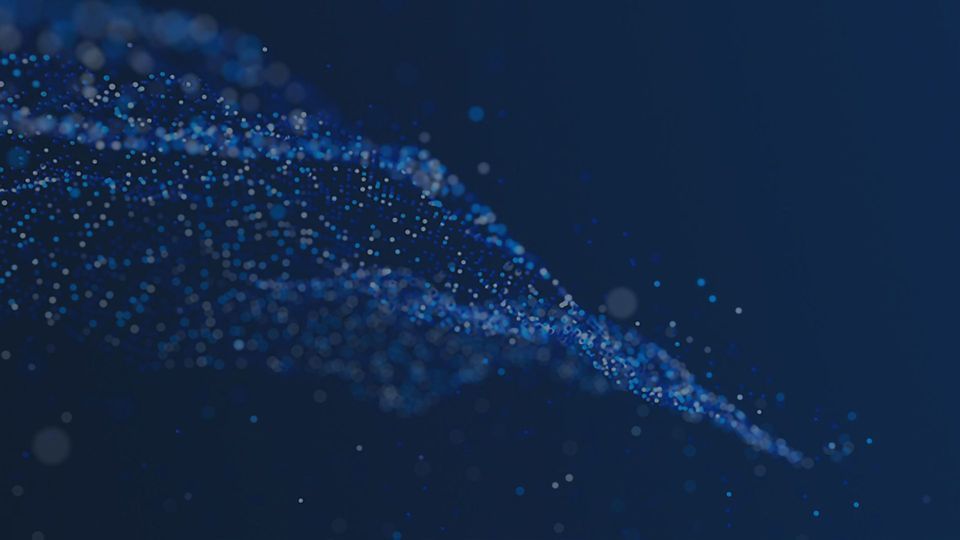Life Technologies Signs Stem Cell Agreement with Harvard University

Complete the form below to unlock access to ALL audio articles.
Life Technologies Corporation announced that it has signed a collaborative research agreement and related license with Harvard University under which it has acquired exclusive rights to develop a panel of characterization assays designed to rapidly evaluate human pluripotent stem (hPS) cells for their utility in a variety of discovery and translational research applications. The license expands Life's growing portfolio of stem cell research products and deepens its commitment to customers in the field.
The panel, which will be offered on the company's market-leading semiconductor sequencing and PCR-based genetic analysis platforms, will help overcome major hurdles that impede stem cell technology from moving into the clinic. Current methods for evaluating pluripotency — the potential for induced pluripotent stem (iPS) cells to differentiate into any cell type — are laborious, costly and can produce ambiguous results.
Standardizing the way researchers characterize iPS cells will allow them to quickly identify the most promising cell lines and avoid wasting time and resources on cells that do not possesses the appropriate characteristics. Such efficiency could accelerate applications ranging from development of "disease-in-a-dish" models from patient-derived cells and drug screening, to the eventual use of pluripotent cells as a renewable source for transplantation medicine.
"As iPS cell research grows in scale and moves closer to the clinic, investigators are increasingly in need of characterization standards that enable them to make informed decisions about the quality of their cells," said Chris Armstrong, Ph.D., General Manager and Vice President of Primary and Stem Cell Systems at Life Technologies. "Our investment in this important work developed at Harvard University supports our sustained commitment to provide our customers with the most innovative tools for the iPS cell workflow."
The panel of assays was developed by Alex Meissner, Ph.D., Associate Professor, Department of Stem Cell and Regenerative Biology, Harvard University, and is being further studied and validated in collaboration with Life Technologies. Dr. Meissner is the lead author of a study in the journal Cell (Vol. 144, No. 3, pp. 439-452, Feb. 4, 2011) that identified a range of expression levels among key genes associated with pluripotency. By measuring gene activity in iPS cells against the study's gene expression range, Meissner's lab was able to accurately score cells for their potential to differentiate into particular cell lineages.
"Stem cell research and genomics have rapidly advanced in parallel over the past few years," said Dr. Meissner. "Combining both fields of study is enabling more effective and standardized ways of characterizing pluripotent cells and, therefore, greatly improving efficiency and the application of iPS cells."
Considered a growing segment in the field, the global stem cell characterization market is currently estimated to be $30 million per year, while the overall market for the stem cell research tools is approximately $1 billion, according to BioInformatics LLC.
This announcement marks the third major license agreement in less than a year for Life Technologies' Primary and Stem Cell Systems group. In June 2012, the company retained the non-exclusive global rights from iPS Academia Japan for its iPS cell patent portfolio — enabling Life Technologies to expand its range of products and services. That same month, the company also announced a partnership with Cellular Dynamics International (CDI), the world's largest producer of human cells derived from (iPS) cells, to commercialize a set of new products optimized to consistently develop and grow human iPS cells.



